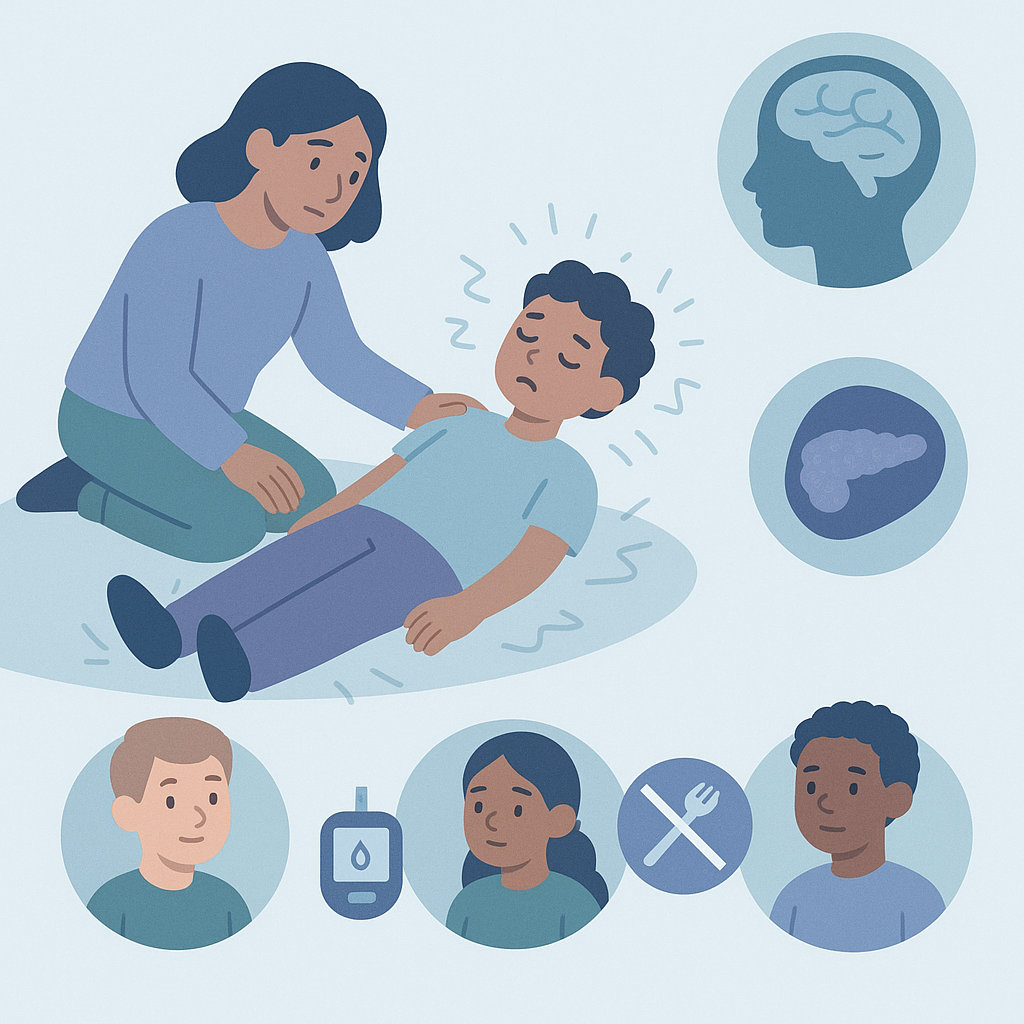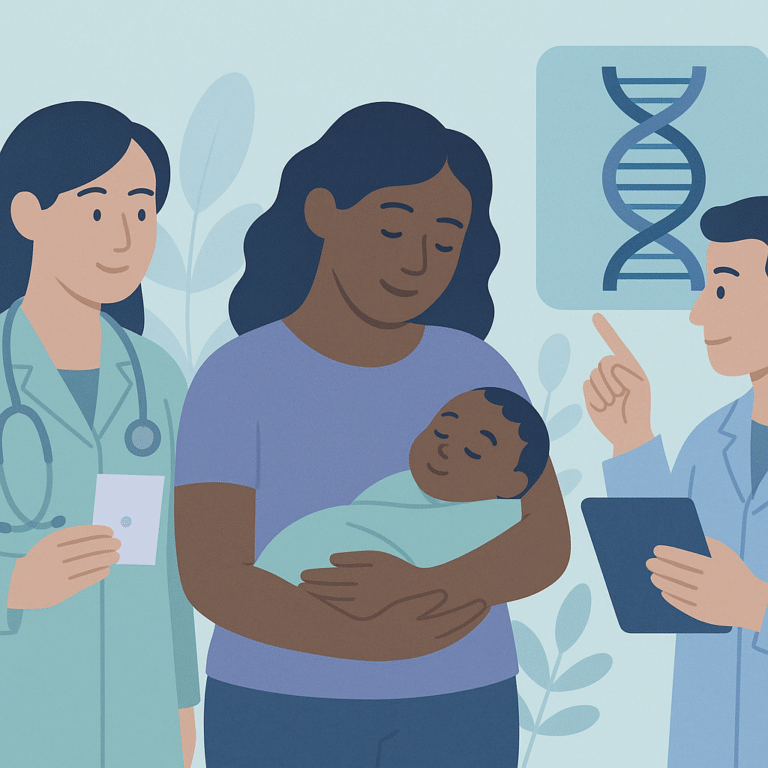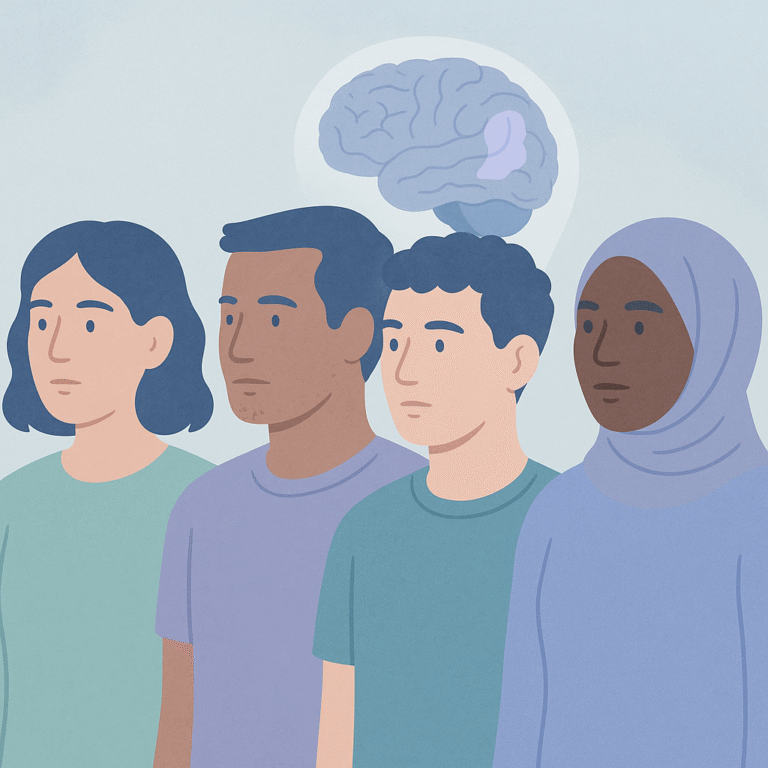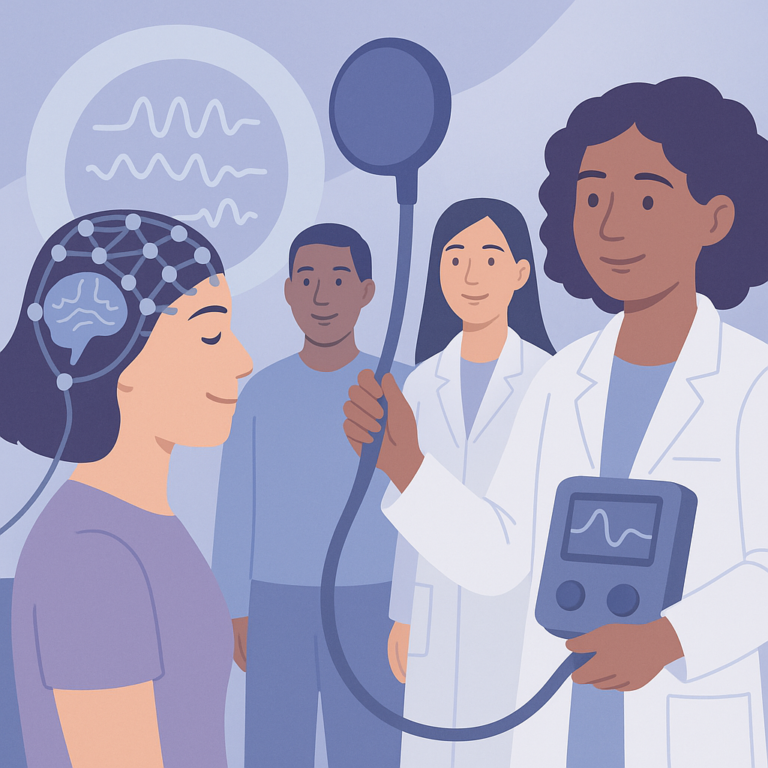Understanding Hypoglycemic Seizures in Children and Their Causes
⚠️ Infant dosing/safety: Medication and diet decisions for infants require individualized medical guidance.
Summary
Researchers conducted a study to understand the causes and outcomes of hypoglycemic seizures in children. They looked at 79 pediatric patients at a children's hospital, gathering information about their age, gender, and medical history. The study focused on when these seizures occurred, what caused them, and the neurological effects that followed.
The main findings showed that nearly half of the children experienced their first hypoglycemic seizure during the neonatal period, with common causes including poor feeding and birth complications. For older children, the leading causes were related to diabetes management and metabolic disorders. The study also found that many children faced neurological challenges afterward, such as delays in speech and motor skills.
This research highlights the importance of early recognition and management of hypoglycemic seizures to prevent long-term effects. However, it is important to note that the study had a small number of participants and was observational, meaning it cannot definitively prove cause and effect. More research is needed to confirm these findings and improve care for children at risk of hypoglycemia.
Related reading
- Ganaxolone May Help Reduce Seizures in Epilepsy Patients
- Skull X-Ray Shows Complications After Head Injury
- New Genetic Mutations Found in Sisters with Growth Issues
- PV and SOM Cells Shape Brain Waves and Stability
- Carbapenem Antibiotics Linked to Seizures and Brain Stress
- Gastrodin May Help Reduce Inflammation and Neuronal Damage
Free: Seizure First Aid Quick Guide (PDF)
Plus one plain-language weekly digest of new epilepsy research.
Unsubscribe anytime. No medical advice.





